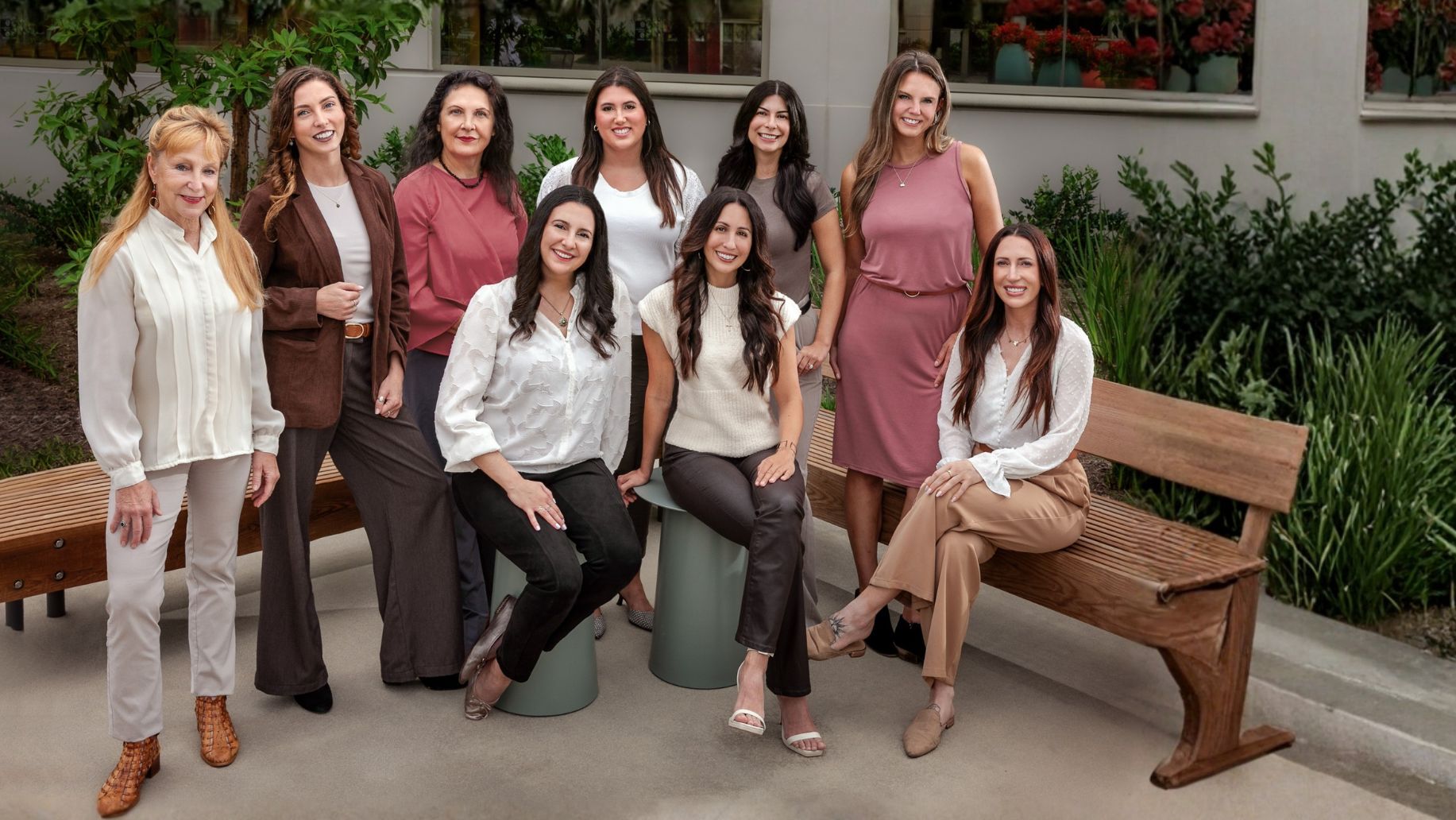Rebuild Your Relationship
With a Compassionate Couples Therapist
Are you experiencing any of the following?
- Affairs (single instance or ongoing; emotional, physical or both)
- Abuse (physical altercations, psychological manipulation, emotional neglect)
- Addiction (one or both partners are in recovery and need support)
- Communication issues (repeating, negative communication cycles causing distress)
- Cohabitation conflicts (lifestyle complementarity, financial habits, hygiene issues)
- Co-Parenting issues (clashes in parenting styles, differences in values)
- Grief or trauma related impairments (emotional impairment, one or both partners needing support)
- Intimacy (lack thereof, performance issues, impaired emotional connection)
- Multicultural issues (differences in gender roles, religious practices, expectations, etc.)
- Sexuality (sexual orientation issues, sexual performance, porn-use)
Did you notice any of the following changes?

Avoiding communication

Decreased libido

Feeling disconnected and lonely

Feeling trapped and confused

Repetitive arguments with little to no resolution

Overall relationship dissatisfaction
If so, you might benefit from working with a couples therapist.
How does couple therapy work?

Upon booking an appointment with the therapist best suited to your needs, we meet with you and your partner together for an initial 50 minute session. During this appointment, we establish a therapeutic rapport with you and your partner, and observe your natural interactions. The next 2 sessions are conducted with each partner separately. This gives us an opportunity to gather more information about each partner’s presenting concerns and personal history. We reconvene as a couple for the third session and onward.

The following 2-3 sessions are a continuation of the first session, as well as an opportunity for us to gather more information about the couple and their concerns. A treatment plan is then formulated out of which future sessions are designed, and for each session thereafter, clinical interventions are utilized in service of meeting the established treatment goals.

Meeting weekly is our recommended frequency for beginning the process. Meeting in-person is our recommended mode for conducting couples therapy.
Where clinically indicated, it may be recommended that one or both partners seek individual counseling in addition to couples therapy.

What happens in a couple therapy session?
Both partners will be seated in comfortable sofas on a private office floor. Serving as a neutral third party, we address presenting issues as the starting point for exploring and identifying the unmet needs of each partner in the relationship. Communication patterns may emerge to reveal the reactive strategies implemented by each partner to get their needs met by the other. These strategies, initially off-putting, will be reframed in ways that help the partners see one another in an honest light. New perspectives create opportunities for a different kind of interaction to occur, and the empathetic response most desired may finally occur. Using emotionally-focused therapy techniques, old strategies will be substituted for new ones to sustain empathy, and partners may feel more bonded as a result of being seen in the truth of their experience.
Once the partner’s communication is improved, topics that were once troublesome or avoided may now be addressed in new ways. Whether the topic be intimacy, betrayal, or other, we facilitate enactments whereby partners turn towards each other, speak from their primary emotions non-defensively or non-aggressively, and share what they most need from their partner, who can now hear them clearly.
We integrate strategies from the Gottman method to help you stay clear of behaviors which correlate with dirvorce. Where separation or divorce is decided, we use techniques from the Conscious Uncoupling approach to help you separate peacefully.
For premarital couples, we use Prepare and Enrich measures to identify relationship areas of strength and growth, initiate constructive dialogues, and work towards transparency around differences or incompatibilities.
You have questions, we have answers

Typically, we see results anywhere between 8-20 sessions. However, the severity of symptoms, the level of need and the rate of progress are all factors which influence the length of therapy. Certainly, therapy beyond what is necessary for your relationship to improve will not be entertained out of respect for your time, finances and independence. When the majority of treatment goals are met, the frequency of therapy may be reduced to bi-weekly, monthly or as needed.
When we work with a couple, we consider both partners “the patient” or treatment unit. Therefore, we practice full disclosure with all members of the treatment unit and do not keep secrets.
During the course of our work as a couple, we will meet with you alone for individual therapy initially and as needed. When we meet individually, the content of these sessions do not necessitate disclosures except where affairs, addictions and abuse are present. If abuse is presently occurring among the members of the treatment unit, therapy will be discontinued until safety is achieved.
If a secret is disclosed to the therapist and not the other member of the treatment unit, we may, if appropriate, first give the individual the opportunity to make the disclosure within an agreed upon time frame. Failure to do so will result in the termination of therapy. If you feel it necessary to talk about matters that you do not want disclosed, you might want to consult with an individual therapist who can treat you individually.
We may use our best judgment as to when, and to what extent I may recommend additional disclosures to the treatment unit.
For additional questions not answered here, give us a call at (949) 354-4868. Or, complete our online booking form below. At your first appointment, you may learn all you need to know. If you're interested in working with an empathetic psychotherapist in Irvine, please reach out to us today.








